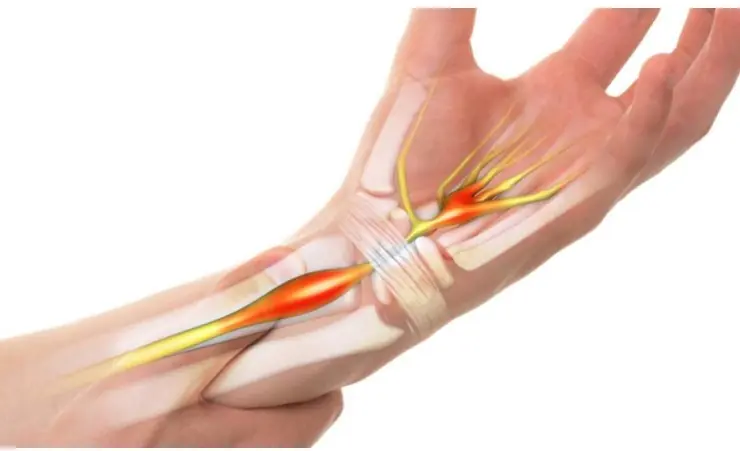
Having This Blood Type Will Make You Age Slower—And It’s Backed By Science
As we age, we often wonder about the factors that influence how quickly or slowly we grow older. Genetics play a significant role, but it turns out that your blood type could also have an impact on the speed at which you age. Recent scientific studies have shed light on how certain blood types may be associated with slower aging, suggesting that blood type is more than just a biological marker—it's a potential key to longevity.
Blood types are classified into four groups: A, B, AB, and O, each determined by the presence or absence of specific antigens on the surface of red blood cells. These blood types not only affect our immune system but may also influence how we age. Research has shown that individuals with type O blood could experience a slower aging process compared to those with other blood types. But what is the science behind this intriguing claim?
A study conducted by a team of geneticists from a renowned university found that people with type O blood had a higher concentration of telomerase, an enzyme that helps protect the chromosomes in our cells. Telomeres are the protective caps at the ends of chromosomes that shorten as we age. As telomeres get shorter, cells lose their ability to divide and regenerate, leading to the signs of aging. Telomerase, however, helps to preserve these telomeres, slowing down the aging process.
In comparison, individuals with type A, B, or AB blood have lower levels of telomerase. This is significant because it means that their telomeres may shorten at a faster rate, causing cells to age more quickly. The connection between blood type and telomere length is a promising area of research, with ongoing studies trying to uncover the exact mechanisms behind this phenomenon.
Another study, published in a leading scientific journal, explored the correlation between blood type and the body's ability to handle oxidative stress. Oxidative stress occurs when the body produces an excess of free radicals, unstable molecules that can damage cells and accelerate aging. Type O blood individuals have been found to possess a more robust antioxidant defense system, which helps to neutralize free radicals and reduce oxidative damage. This contributes to a longer lifespan and a slower aging process.
Furthermore, blood type O individuals are less susceptible to certain diseases and conditions that can accelerate aging, such as heart disease and diabetes. Research indicates that type O blood has a protective effect against the development of cardiovascular diseases, possibly due to the unique antibodies present in the blood. These antibodies are thought to help regulate the body's inflammatory response, reducing the risk of chronic diseases that are often associated with aging.
While blood type O appears to be the most advantageous when it comes to slowing the aging process, it's important to remember that lifestyle choices also play a crucial role. Diet, exercise, stress management, and sleep are all essential factors in maintaining a youthful appearance and good health. Genetics, including blood type, may provide a foundation for aging, but how we live our lives can either enhance or diminish the effects of our genetic makeup.
In conclusion, science is beginning to uncover the fascinating relationship between blood type and aging. While type O blood may offer certain advantages in terms of slower aging and better protection against age-related diseases, it’s not the only factor at play. Embracing a healthy lifestyle, managing stress, and eating a balanced diet are all vital steps in ensuring that we age gracefully, regardless of our blood type. So, while your blood type may provide some insight into your potential longevity, remember that how you live your life is the true determinant of how well you age.
News in the same category


Scientists Explain The Effects of Eating Too Much Sugar
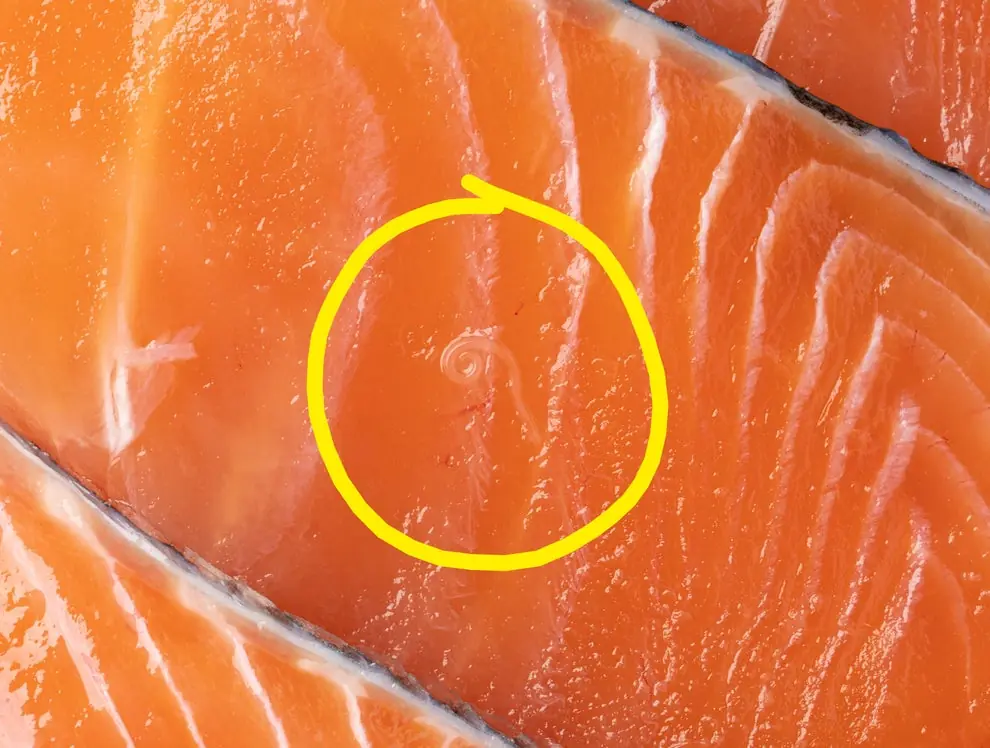
Urgent Warning: U.S. Salmon May Be Infected with Japanese Tapeworm, Say Scientists
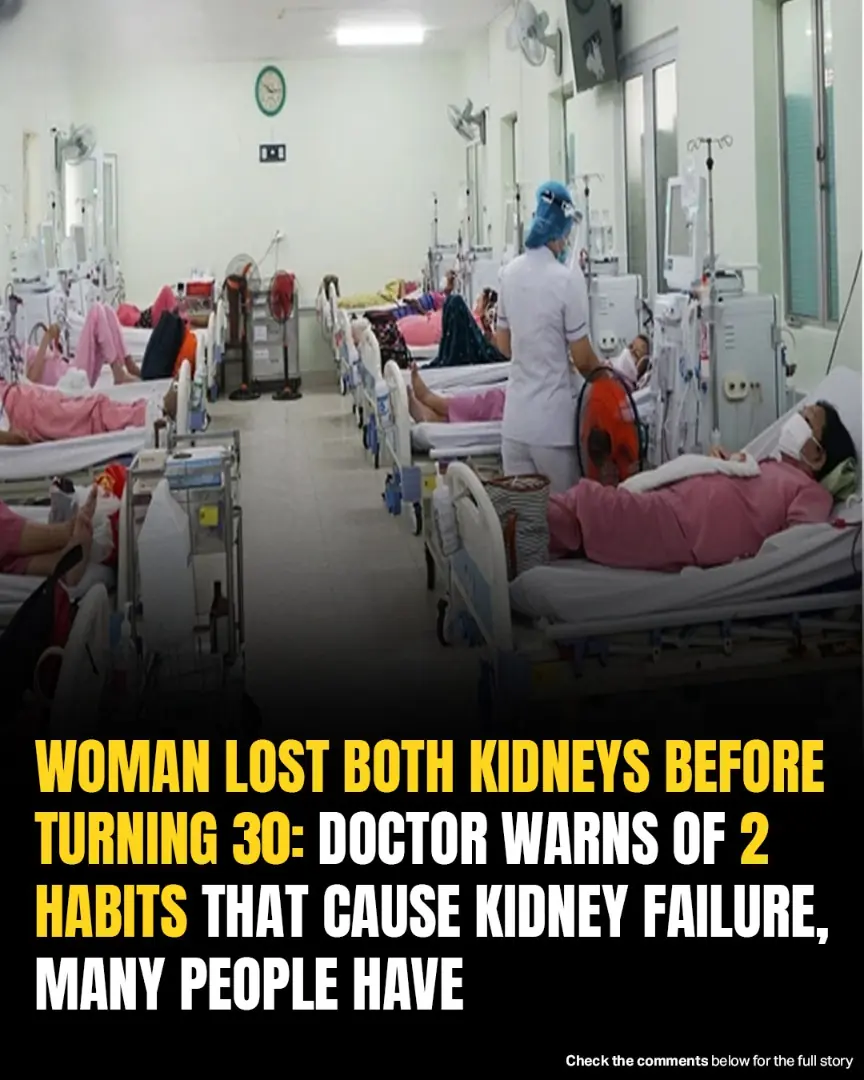
Why Kidney Failure Is Striking The Young—And How To Stop It

Nurse Reveals The Spine-Chilling Truth About What Happens After We Die

One Month Before A Heart Attack, Your Feet Will Give You These 6 Silent Warnings
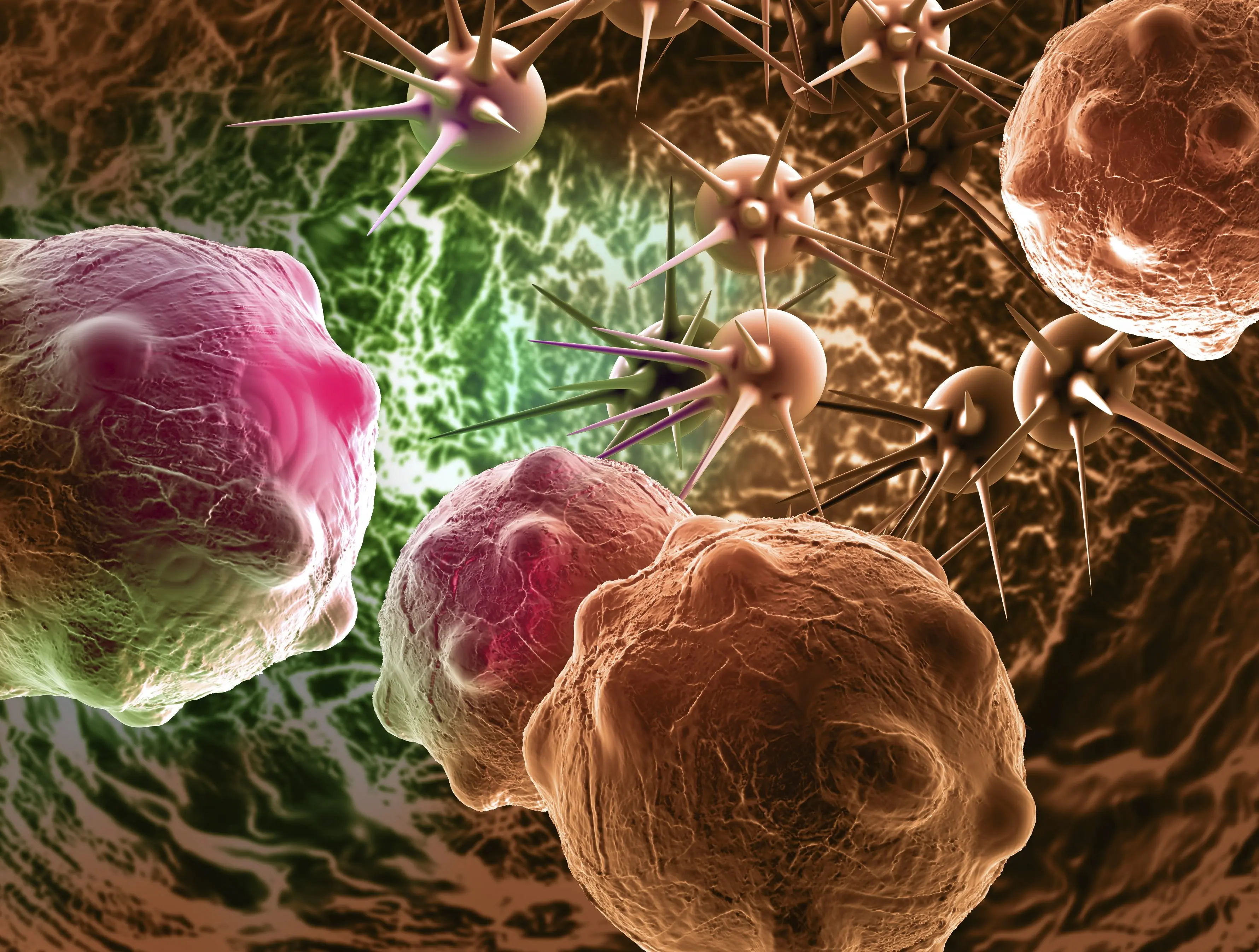
Striking simulation illustrates the progression of death from cancer
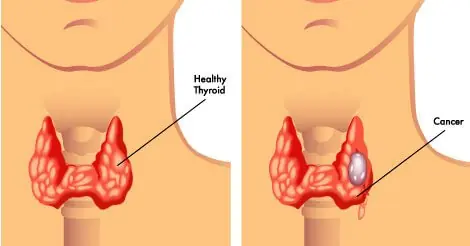
6 Types of Foods That Can Negatively Affect Your Thyroid

Stage 4 Cancer Survivor's Urgent Warning: Overlooked Minor Signs Can Hide Deadly Disease
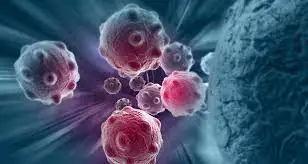
Colon Cancer & Your Poop: What to Watch For and When to Get Help

Cardiologist Breaks Down 3 Unexpected Red Flags Of A Weak Heart

MY STAGE FOUR CANCER SYMPTOMS WERE DISMISSED BY TWO HOSPITALS - I WON'T GET TO SEE MY LITTLE GIRL GROW UP
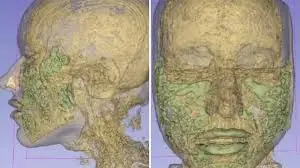
Doctor Reveals: MRI Scan Of The Face Of A 33-Year-Old Woman Reveals Where All Of Her Filler Went

There Is One Sound A Person Makes That Means They Have Less Than 24 Hours To Live
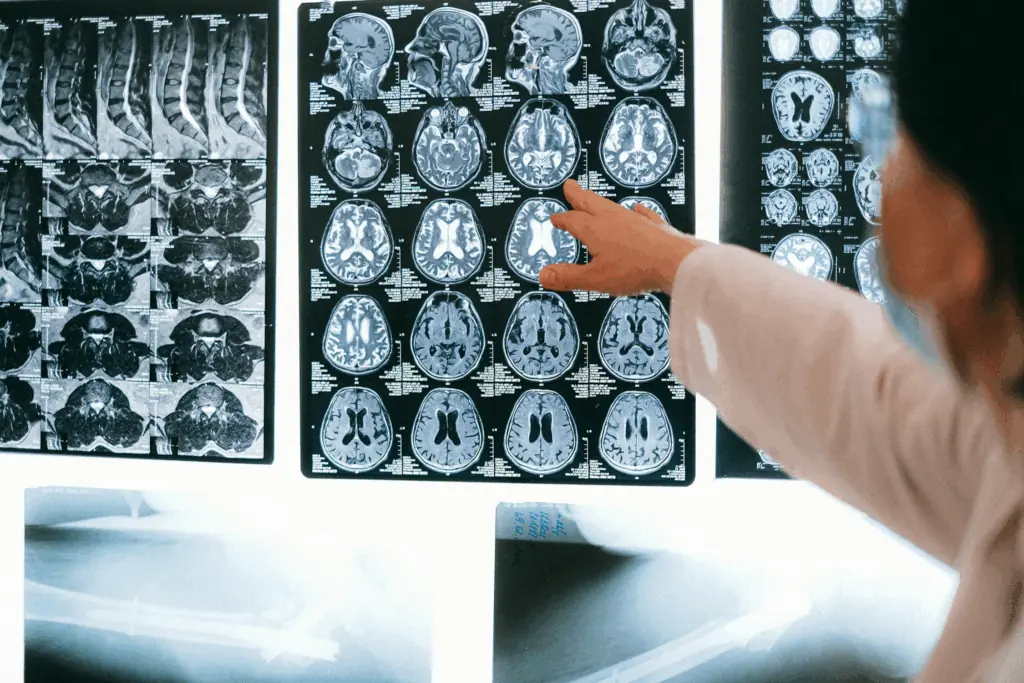
Warning Signs You Should Never Ignore: The Silent Symptoms Of A Brain Aneurysm

Shocking amount of time one can of soda can take off your life
One can of soda might seem harmless, but when multiplied across days, weeks, and years, the cost adds up - to minutes, hours, and even years of life lost.
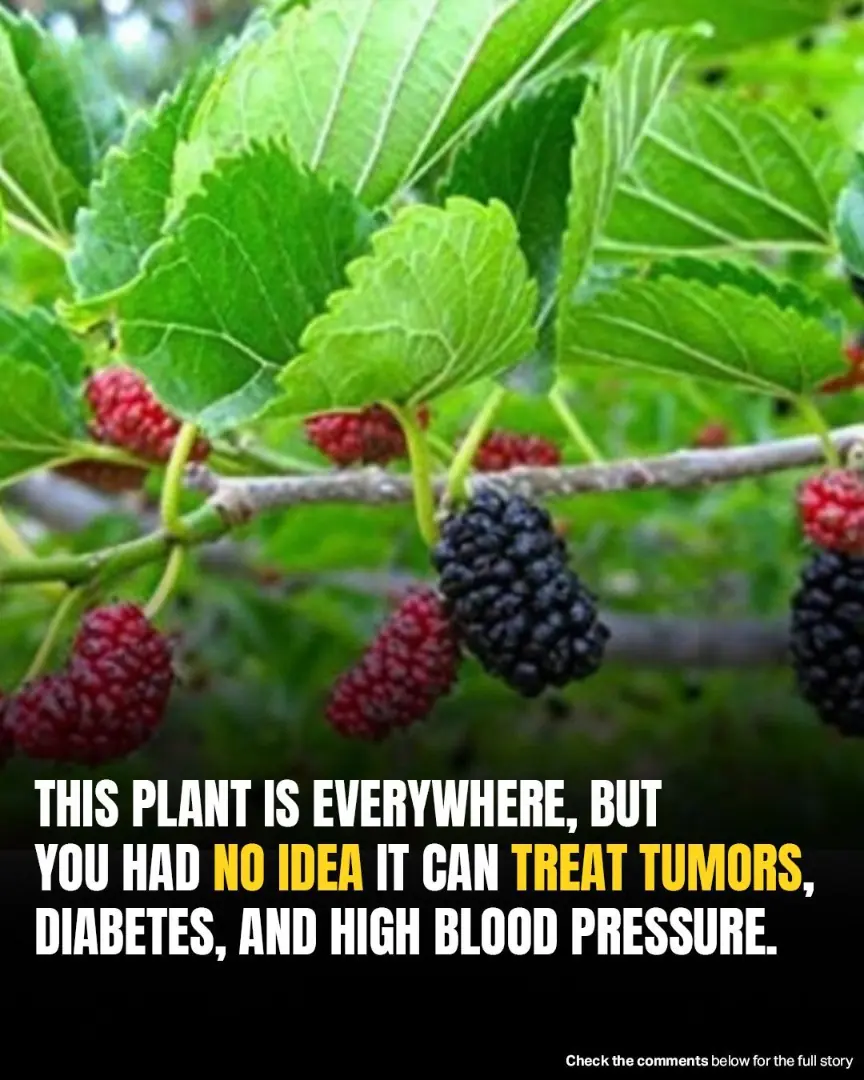
Common Backyard Plant May Help Fight Tumors, Diabetes, And High Blood Pressure

Drinking Water On An Empty Stomach: Japanese Water Therapy, What Science Says and More

8 Natural Remedies for Sinus Infections That Work Without Antibiotics
News Post

Waking Up with Numb or Tingling Hands: What It Really Means (Science-Based)

Scientists Explain The Effects of Eating Too Much Sugar

Urgent Warning: U.S. Salmon May Be Infected with Japanese Tapeworm, Say Scientists

Earth Plunged Into Darkness For Six Minutes In Rare Event Not Seen In A Century

Brain Teaser: Can you identify the error in this family’s dining room photo in under 15 seconds?

Authorities Discover 1,600‑Foot Drug Tunnel Under Us–Mexico Border With Lighting And Rail System

Bill Gates Says Only 3 Jobs Are Safe From AI — Are You In One Of Them?

Here’s What It Really Means When A Man Turns His Back In Bed

If You See A Man With One Painted Fingernail, Here’s What It Means

This house looked like it was about to fall into itself until one family stepped in

Why Kidney Failure Is Striking The Young—And How To Stop It

Bill Gates reveals profession which will remain '100% human' even after AI replaces most jobs

People shocked after passenger filmed as their phone went through X-ray scanner at airport

Mammoth structures discovered beneath Africa could be 'ancient planet' 4,500,000,000 years old

YouTuber discovers 78-year-old woman who's been keeping her own world alive in a 'dead' game for years

Nurse Reveals The Spine-Chilling Truth About What Happens After We Die

If You See A Man With One Painted Fingernail, Here’s What It Means

One Month Before A Heart Attack, Your Feet Will Give You These 6 Silent Warnings

Six Minutes Beyond Life: What I Saw After Dying And Coming Back
